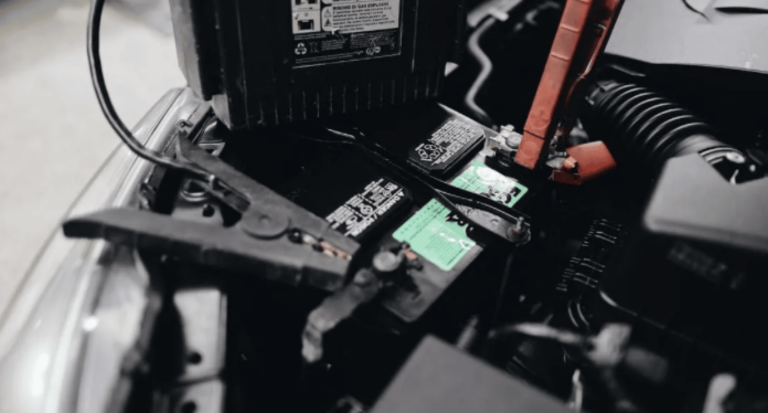Mason Automotive in Bloomington, IN, offers quality auto repair with a convenient location and exceptional service.
At Mason Automotive, we know that your tires do more than just roll down the road—they keep you safe and ensure your vehicle performs at its best. Tires are the only part of your car in constant contact with the road, and signs of tire wear can seriously affect your safety, fuel efficiency, and overall handling.
In this guide, we’re keeping it real and straightforward. We’ll show you the common warning signs of wear, explain how to check your tire tread using a tread depth gauge or the penny test, and share tips on proper tire maintenance to help you avoid being stranded on the side of the road.
Your tires are your car’s only link to the road. Keeping them in top shape is essential for several reasons:
It’s a good idea to perform regular tire inspections. Simple tests like checking tread wear indicators and using a tread depth gauge can help you catch signs of wear before they become serious.
Recognizing early signs of tire wear can make all the difference. Here are the key indicators that it might be time to invest in new tires:
One of the most obvious signs is the reduction in tread depth. The tread on your tires is crucial for gripping the road.
Uneven tire wear is a red flag that something isn’t right with your tire maintenance or alignment.
Sometimes, the signs of wear are right in front of your eyes.
If your car starts to vibrate or you notice a change in how it handles, your tires might be the culprit.
Keep an eye on any other changes that could signal tire trouble:

While all tires eventually need to be replaced, proper tire maintenance can help extend their lifespan and delay the need for new tires:
These proactive steps ensure that you catch the signs of wear early and maintain optimal tire performance, reducing the risk of being stranded on the side of the road.
At Mason Automotive, we’re dedicated to your safety on the road. Our experienced technicians are here to help you with every aspect of tire maintenance. We offer comprehensive tire inspections, including checks for signs of tire wear, tread wear indicators, and uneven tire wear patterns. Our goal is to ensure that your tires are in great condition, so you can enjoy improved fuel efficiency and reliable performance.
If you notice any warning signs—whether it’s reduced tread depth, visible damage, or a vibration while driving—don’t wait until you’re stranded on the side of the road. Reach out to us for a thorough tire inspection, expert advice, and guidance on whether it’s time to replace tires. We can help you choose the best replacement tires based on your vehicle, driving conditions, and budget.
Call Mason Automotive today at (812) 272-7540 or visit us at 2111 S Yost Ave, Bloomington, IN 47403. Let our trusted team help you keep your tires—and your vehicle—safe, efficient, and ready for the road.